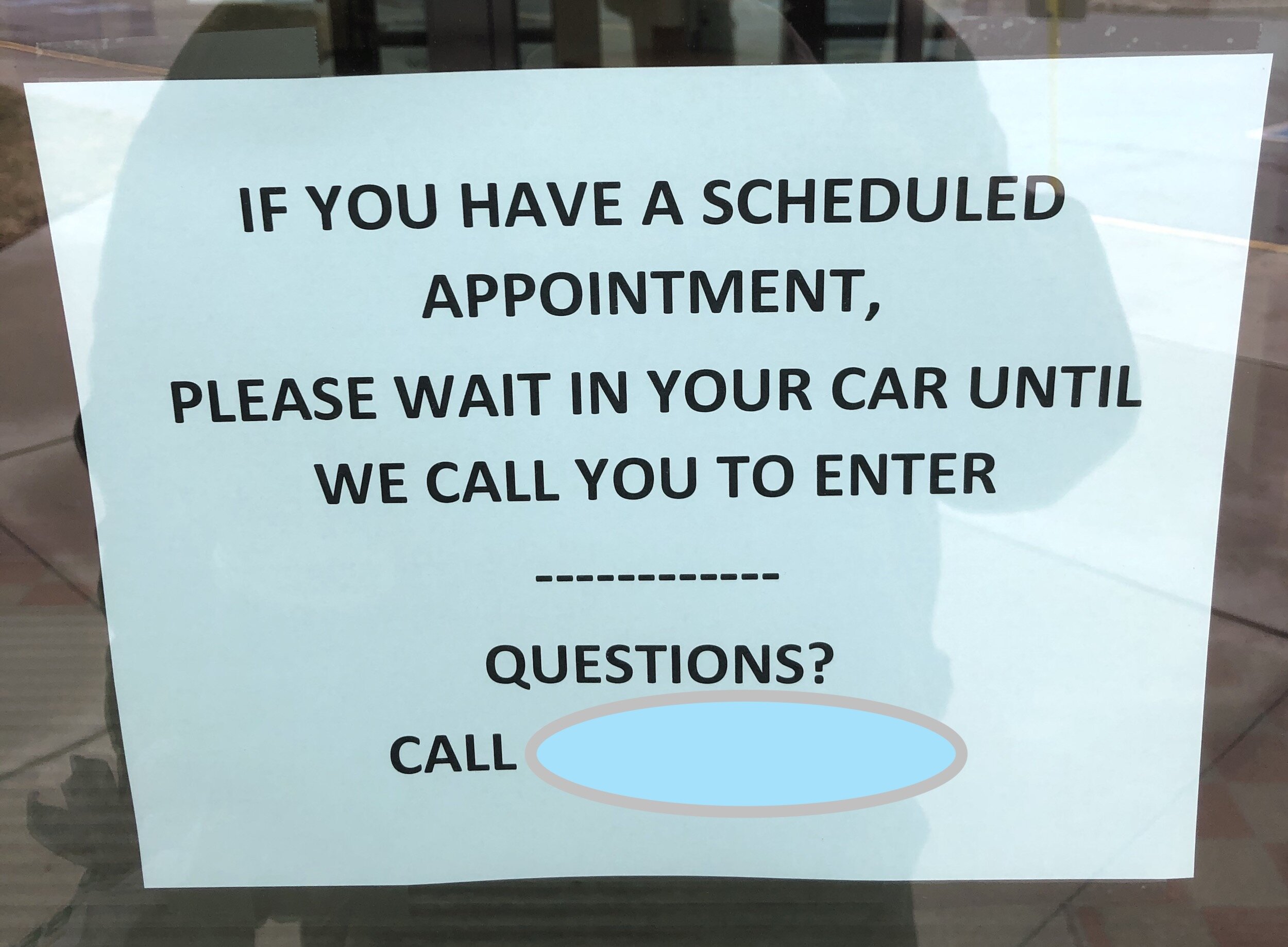My private practice, it seems, has recently become an oasis for professionals experiencing burnout in their careers and personal lives. I’m not talking about professionals who just can’t cope or who have personality traits that make them doomed to burnout; I’m talking about successful helping professionals–experts who have been practicing and thriving for 15 to 35 years who suddenly cannot stand the work they once chose and loved.
While I’ve written about ways to prevent burnout in the past I am still learning things as I help these experienced professionals–who are often very insightful and creative in their own right–reinvent their professional and private lives to make their work-life balance manageable and sustainable forms.
I wrote this almost two years ago, and I followed it with some reasons I think successful professionals suffer burnout. (My original follow up post was entitled "Regaining the Joy of Your Career!"
Reasons successful professionals experience burnout:
There is an emotionally overwhelming triggering event.
They have an exaggerated personal accountability for their work.
There is denial of the effect of exposure to traumatic emotional events.
Self-care is seen as optional (and sometimes selfish!).
Accountability is universal (I have to do everything well!) and not subject to rank ordering.
Unrealistic comparisons to others lead to a lack of balance.
The isolation of the profession diminishes their perspective of life.
Emotional avoidance of guilt, fear, shame, rejection often underlies unhealthy behaviors. (just like our clients . . .)
The “supporting cast” of family and/or friends reinforce unhealthy functioning.
Band-aids are applied when surgery is needed.
At the time since I wrote this list, conditions in the profession seem to be exacerbating the problems. (Faithful readers may remember when I challenged myself to state what our field needs in just 4 words.) Today, some insurance companies are requiring professionals to pay application fees and annual fees just to be on their boards (the customers don't pay the overhead now the service providers do?), cutbacks in public funding is threatening services, demands for "validated" therapies threaten to make healthcare the paper-pushing cousin to education, and professionals in other fields are developing services that challenge the mental health industry.
More and more professionals I talk with are seeking a way to mediate these negative forces, or leave the healthcare industry through adopting private pay or concierge practices, marketing life coaching, contracting directly with organizations, retooling into another industry, or retiring. (Not all experts are the same Organizations need people-experts to advise them.) Often professionals, unprepared for a shifting healthcare context, burnout under the vicarious trauma of a long career. Seeing more clients that is sustainable in a healthy manner. Today, more than ever professionals often need a backup plan and exit strategy.
What can you do, in the short-term, to prevent burnout? Here's a few ideas:
- Don't expose yourself to additional trauma through your entertainment choices.
- Limit your clinical work by mixing in other business ventures.
- Find and maintain restorative hobbies, activities and friends.
- Listen to music and turn off the news.
- Take a break--a long one--from social media.
- Create a long-term business/career/life plan that includes diminishing the heavy clinical load.
- Broaden, or narrow, your niche to include activities that are not saturated in traumatic material.
- Develop a network of social contacts that are not from the healthcare industry.
Good luck!
Read: The greatest leadership lesson I ever learned.
Interested in decreasing your dependence on insurance? Check out Private Practice through Contracting. It will help you "think outside the box," encourage you to seek work you love, guide you into paths that are sustainable . . . and it's free.





















